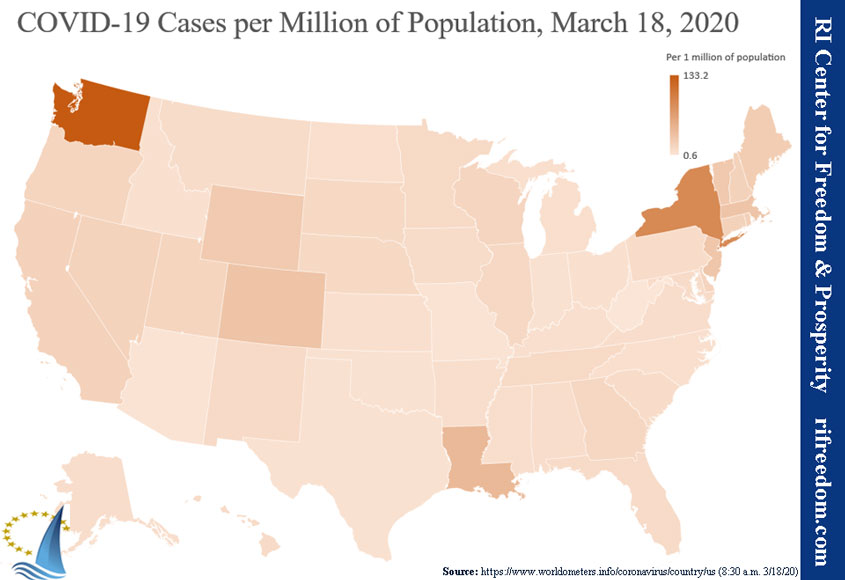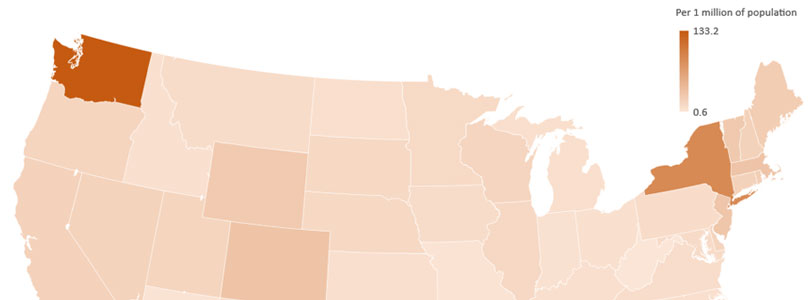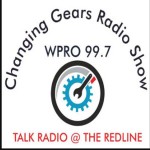More Perspective on The Virus and Addressing the Harm
Over the past few days, my morning news collection tends to start the day on a footing of concern about the trajectory of the coronavirus. This concern is helped along by the fact that a few people have taken to ensuring that I see the latest scary article, given my efforts to sow calm and perspective.
When I come across a new article about, for example, the scientific projections that sparked the West’s crackdown, or when my wife reads out loud a Facebook post from a nurse about how COVID-19 is scarier than the flu or H1N1, I pause and consider whether it’s time to adjust my view. To assist in that process, I go in search of other new information, most especially the raw data concerning the virus. For that purpose, Worldometer’s coronavirus page has become indispensable, and this morning they’ve added new breakdowns by U.S. state.
So, what perspective does this add? Well, Rhode Island is still at 23 cases. In Massachusetts (where one of this morning’s scary articles came from), the number is 218. In neither state has there been a single documented death. Graphing the states by cases per one million people produces the following:

Last night on Facebook, Matt Allen posted that Rhode Island has an excess of 66 immediately available intensive care beds, so let’s put that in perspective. Washington state has arguably been the epicenter of U.S. cases, with 1,014 cases and 55 deaths. That’s 133 cases per million, or six times worse than Rhode Island at the moment. If we go with 5% of all cases’ needing intensive care, and assume they all happen at the same time, that means the epicenter of U.S. cases is using six beds for this purpose. Because Rhode Island’s population is roughly one million people, that’s how many ICUs we’d be using if things were as bad here as they are in Washington. Even if we go with the upper bound of 20% of all cases’ requiring hospitalization, that’s still only 27 beds. In short, Rhode Island would probably have more than enough hospital beds even if things got as bad here as they are right now in Italy.
Of course, the situation could become ten times worse in Washington and sixty times worse in Rhode Island, and it could happen pretty quickly, but the question we’re addressing right now is what circumstances justify what measures at what cost. Take out the scary studies based on data from China and Italy. Take out the “whatifs.” Look at the data, and consider the very real economic harm being done, and it’s difficult to conclude that the trade-off is obviously worthwhile at the moment.
On Monday, almost 7,000 Rhode Islanders applied for unemployment insurance. That’s more than the entire town of Exeter. In the past eight days, the number is approaching 20,000. That implies an unemployment rate around 6.7%… almost doubling what it has been.
Shutting down our state was a political decision, which I mean neutrally, and it may yet prove to have been the right call. But as citizens in a representative democracy we need to figure out how we should gauge such things.
In any event, inasmuch as the most harmful thing about COVID-19 so far has been the reaction to it, our governments have some obligation to address the consequences of their decisions. The steps that the RI Center for Freedom & Prosperity is today encouraging, such as suspending the Internet sales tax, would be a good start.




